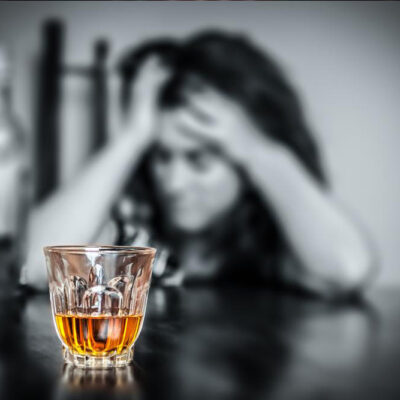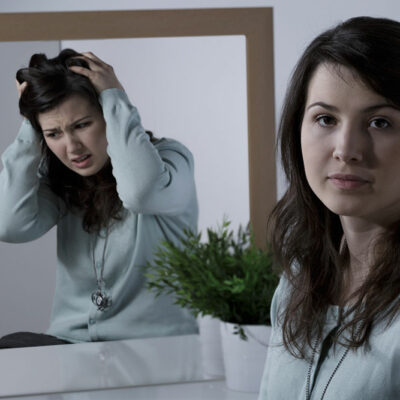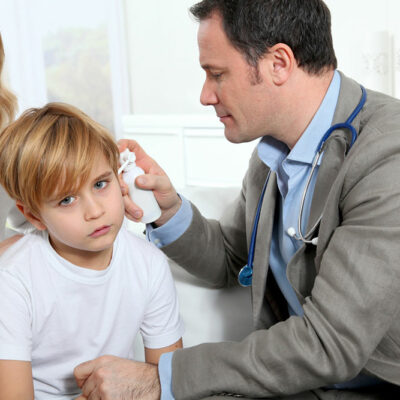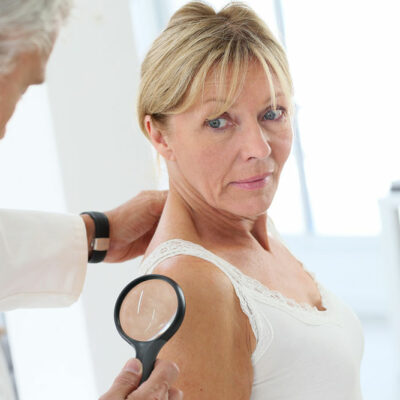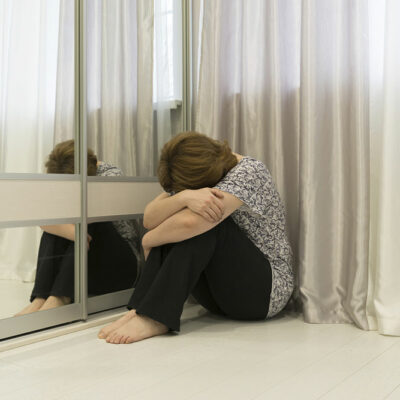
Mental Health & Addiction
The treatment methods used for bipolar disorder
Bipolar disorder is a manic-depressive condition that causes unusual brain functions. Every human experience up and downs during their lifetime, however, the effects of the bipolar condition are much more extreme. It leads to sudden extreme shifts in one’s mood and causes a fluctuation in the levels of energy and the ability to undertake daily tasks. Bipolar disorder is a serious condition of the brain and can severely affect one’s relationships, performance, and school or work. In a nutshell, it disrupts the daily life of the afflicted. The symptoms of bipolar disorder do not follow a set pattern. The dramatic episodes of different moods can take place at any time and last for however long. While some may experience lengthy, isolated manic episodes, for others, depressive episodes may be recurrent. The different episodes can be triggered over a few days, months and even several years. Since the condition is long-term, it demands ongoing care through the effective methods of treatment that include: Medication – Medications are used as the first-degree treatment method and can bring good effects. The way an individual responds to medication will vary from the way another individual does. The kind of medication used will completely depend upon the patient and the severity of the condition.
Read More 
